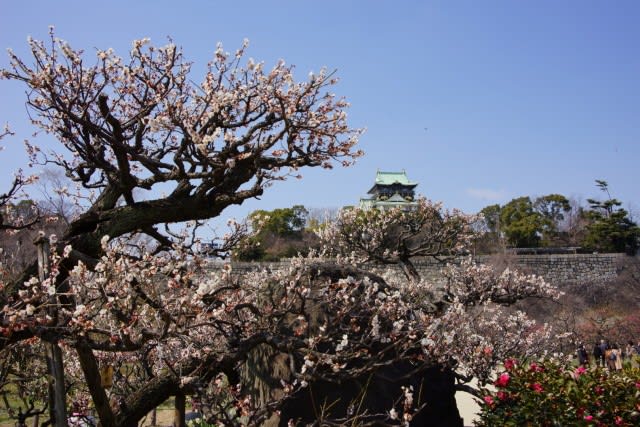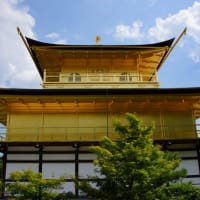The following is from the current issue of the monthly magazine Hanada, titled "Toward a Japan that can say 'NO,' letters from five former prime ministers, the Sado gold mine... The enemy is within Japan.
It is a unique feature of the conversation between Ms. Sanae Takaichi, the most likely candidate for the next prime minister, and the up-and-coming critic, Ms. Kaori Arimoto.
It is a must-read not only for the Japanese people but also for people worldwide.
Preamble omitted.
Takaichi's Question Turned the Tide
Arimoto.
I believe that in some respects, Ms. Takaichi's question changed the course of the World Heritage registration of the gold mine on Sado Island.
However, why did such a mess occur in the government and the Ministry of Foreign Affairs in the first place?
Takaichi.
The enemy is domestic.
The "Network for the Truth about Forced Mobilization" group was working diligently to lobby opposition party lawmakers and find people on Sado Island who would give untruthful testimony.
Arimoto
I wrote about the Network for the Truth about Forced Mobilization in Japan in Editor-in-Chief Hanada's magazine seven or eight years ago.
This citizens' group, formed in July 2005, claims to be investigating the "forced removal of Koreans" during the war. Still, you can tell what kind of group it is because Mindan, the Social Democratic Party, and others were guests of honor at its inaugural meeting.
On January 25, that organization issued an emergency statement saying that the Japanese government should recognize, rather than deny, the forced labor of Koreans during the war.
The statement reads as follows.
"It's not that South Korea is bad, but the problem is with the Japanese government, which is not ashamed to deny historical facts."
The enemy is domestic, and that is precisely what it is.
But the attitude of the Ministry of Foreign Affairs is also a problem.
The gold mine on Sado Island is not a memory heritage site, and it is a story of an era when there were no peninsula workers in the first place.
South Korea is, of course, not a party.
There is no need for Japan and South Korea to discuss in advance.
Takaichi
It's the Edo period (smile wryly).
It has nothing to do with wartime.
Arimoto.
It is a mistake that has been repeated in the past, but it is easy to get on the other side's playing field.
I think it should change this organizational structure under the leadership of the Minister of Foreign Affairs but is it difficult?
Takaichi.
Systematically speaking, it is clear to everyone that a one-year postponement would be detrimental.
Currently, Japan is one country out of 21 committee members.
Since a two-thirds majority approves the registration, it only needs the support of 13 countries, excluding Japan.
If we can firmly promote the excellence of Japanese handicrafts of the Edo period, I think there is a good chance that the site will be inscribed on the World Heritage List.
However, if the recommendation comes next year, it will decide again next summer.
There are nine member countries whose terms will end from next fall, and South Korea will likely run for office.
If Korea opposes a committee member country, it would be a disaster.
Furthermore, there is a possibility that China will become a committee country starting in 2027.
If this happens, it will bring us into the historical battle without any choice.
That is why, at the Budget Committee, I told Foreign Minister Hayashi, "If we forgo this year's recommendation, do you have the confidence and strategy to create an environment where Sado Island's gold mine will be listed on the World Heritage List by next year? I asked the question.
After asking the question, I thought it might be challenging to make a recommendation this fiscal year, but on the 28th, Prime Minister Kishida announced his intention to make a recommendation.
We had also received information that the Ministry of Foreign Affairs was backtracking, so the prime minister likely suppressed the voices of the Ministry of Foreign Affairs.
I asked him about it on the 24th, and on the 28th, Prime Minister Kishida decided to recommend it with a single word from the crane, so I think he showed solid leadership.
He also contacted me before the announcement.
Postscript.




















